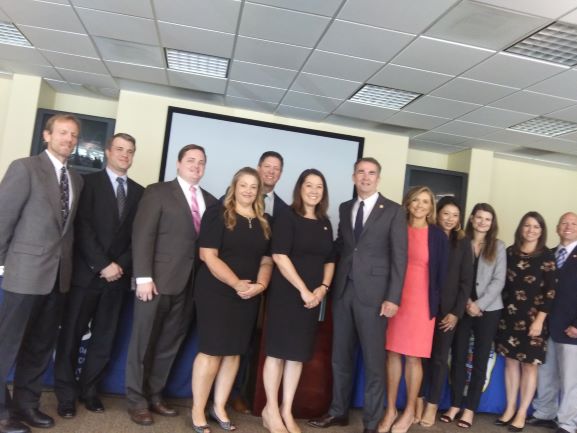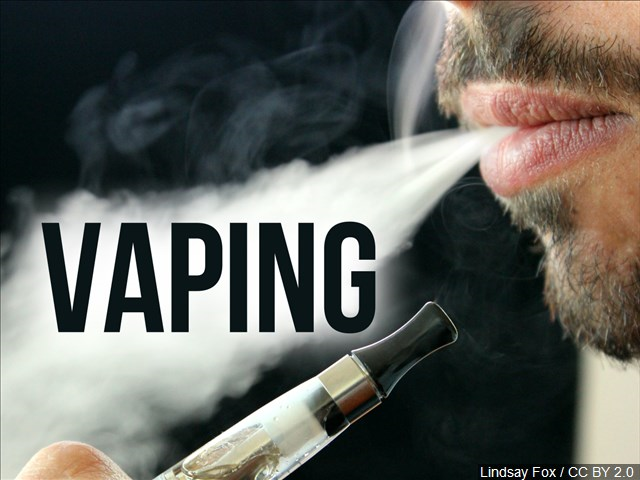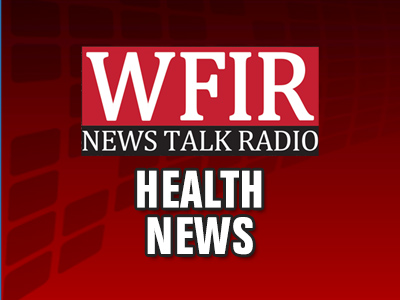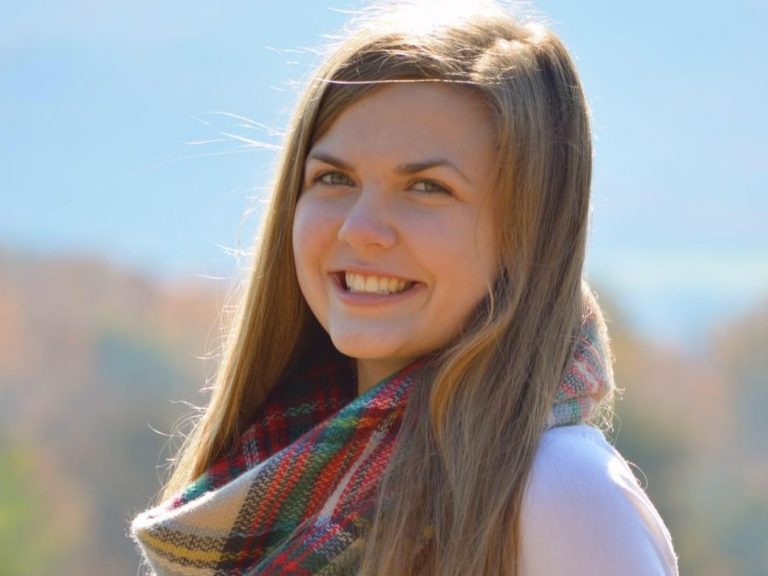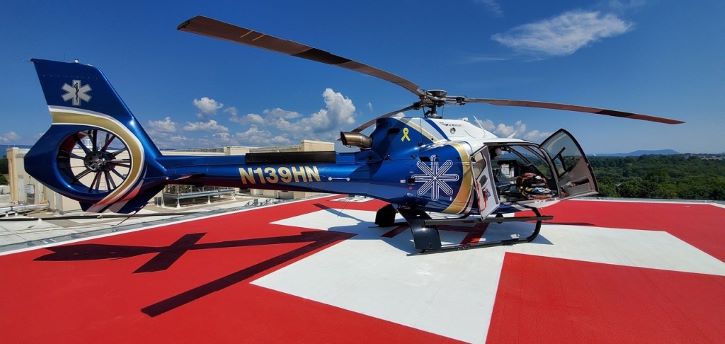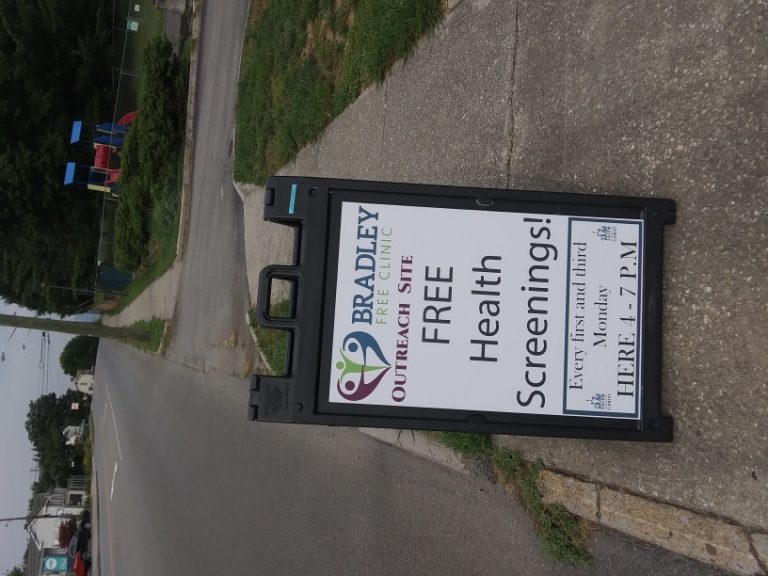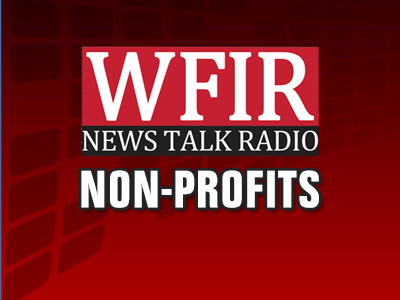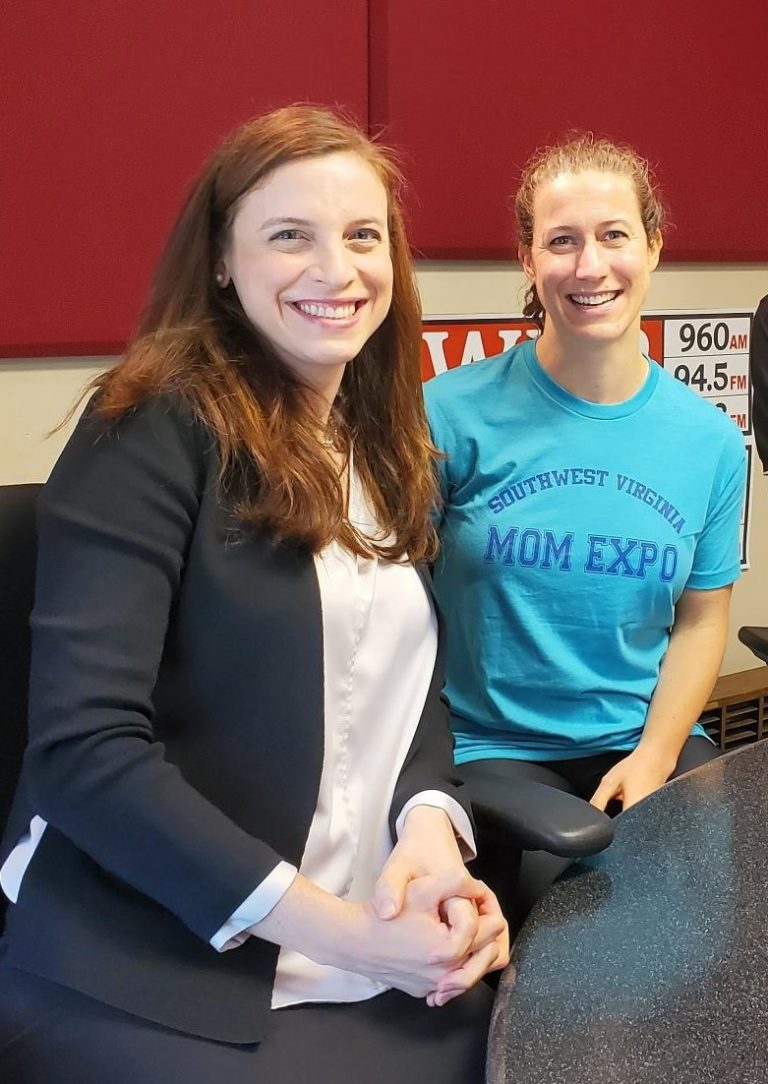A pilot program in the northern Shenandoah Valley that helped pinpoint what steps to take next concerning...
Health and Medicine
On a stop in Roanoke today Governor Northam announced that data-sharing via “Virginia’s Framework for Addiction Analysis...
With students now heading back in school, the Virginia Department of Health is asking parents to talk...
The Roanoke Symphony Orchestra is not only playing on the big stages – some of the RSO...
An essay on Alzheimer’s awareness has landed a Salem teenager a third-place award from 3,000 entries submitted...
LewisGale Medical Center in Salem opened its new rooftop helipad yesterday. The hospital has had a helipad...
Its become an annual ritual for first year students at the Virginia Tech Carilion School of Medicine...
The Bradley Free Clinic in downtown Roanoke is expanding to Salem with a twice-monthly “Outreach Site” on...
The non-profit Multiple Sclerosis Alliance of Virginia wants those battling the disease to know they are not...
The CDC says 29 million Americans – 12 percent of all U.S. adults – suffer with chronic...
An abstinence-based program called the “Way Forward” has been helping people beat substance abuse and addiction for...
Did you know that expectant mothers have the right to listen to the music of their choice...
The Roanoke Rescue Mission will celebrate the 25th anniversary of its residential, long-term substance abuse treatment program,...
She’s been on the job for less than two weeks at the Council of Community Services and...
The change in Virginia law as of July 1 that means tobacco and vaping products can no...


